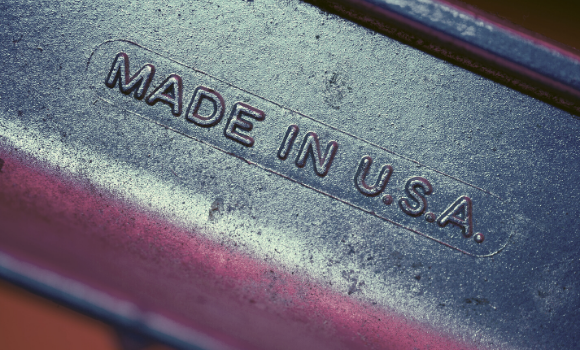
The Federal Trade Commission (FTC) is proposing a rule that would restrict and penalize companies from making false “Made in USA” (MUSA) claims on products. This rule would not establish any new requirements for businesses, as they are already responsible for the accuracy of “Made in USA” labels. The proposed regulation is consistent with past FTC guidance, and incorporates factors put in place by the FTC’s previous MUSA Decisions and Orders and its 1997 Enforcement Policy Statement on U.S. Origin Claims. Comments on the proposed rule will be accepted within 60 days after it is published in the Federal Register.
The proposed statute will prohibit unqualified “Made in USA” claims on product labels unless the product meets certain criteria. Per FTC report, the criteria includes:
- final assembly or processing of the product occurs in the United States
- all significant processing that goes into the product occurs in the United States
- all or virtually all ingredients or components of the product are made and sourced in the United States
In addition to the regulations on product labels, the proposed rule would extend these regulations to mail order catalogs and advertisements. This includes “materials, used in the direct sale or direct offering for sale of any product or service, that are disseminated in print or by electronic means, and that solicit the purchase of such product or service by mail, telephone, electronic mail, or some other method without examining the actual product purchased,” according to the FTC.
The inclusion of such material broadens the definition of a ‘label’ and is far more extensive than previous guidance. This rule intends to provide greater deterrence against “Made in USA” fraud, by enforcing the FTC’s existing guidance and allowing civil penalties for violations.
For assistance with following “Made in USA” labeling procedures and guidelines, contact Mohawk Global Trade Advisors.

